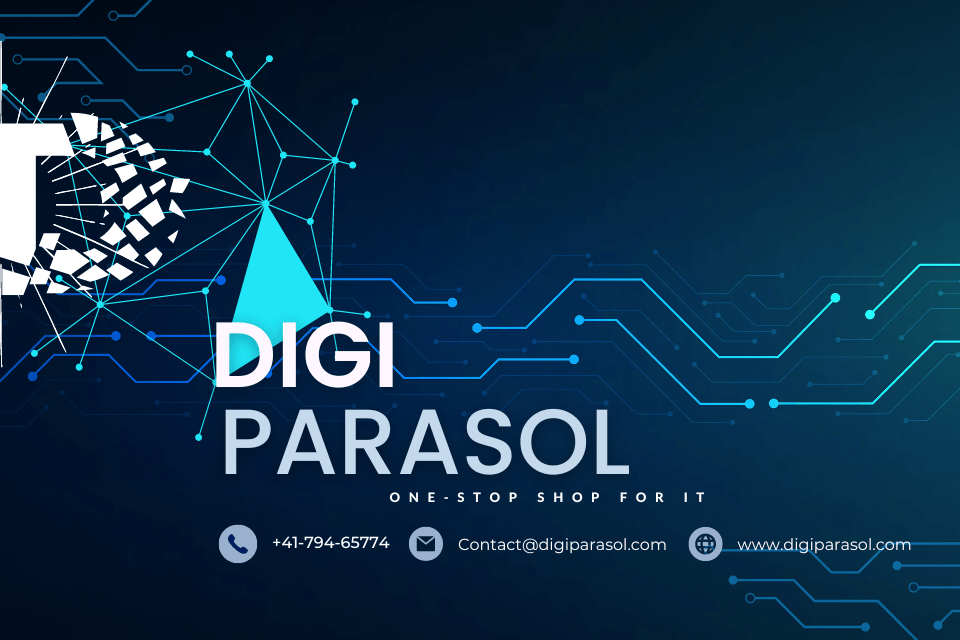Artificial intelligence, or AI, has been a hot topic in recent years due to its potential to revolutionize various industries and reshape the way we live and work. As technology continues to advance at a rapid pace, the possibilities of AI seem endless, with new trends and predictions constantly emerging. In this article, we will explore the current trends in AI and make predictions for its future impact on society.
Current Trends in Artificial Intelligence
1. Machine Learning: Machine learning is a subset of AI that involves teaching machines to learn from data and improve their performance over time. This technology has been widely adopted in various industries, from healthcare to finance, and has proven to be incredibly powerful in making predictions and decisions based on data.
2. Natural Language Processing (NLP): NLP is a branch of AI that focuses on enabling machines to understand and interpret human language. This technology is used in virtual assistants like Siri and Alexa, as well as in language translation services and sentiment analysis tools.
3. Computer Vision: Computer vision is the field of AI that focuses on enabling machines to interpret and understand visual information. This technology is used in facial recognition systems, autonomous vehicles, and medical imaging applications.
4. Generative Adversarial Networks (GANs): GANs are a type of AI model that consists of a generator and a discriminator that work together to create new data based on existing data. This technology has been used to create realistic images, videos, and music.
5. AI Ethics: As AI becomes more prevalent in society, concerns about ethics and bias have become more pronounced. Many organizations are now focusing on developing ethical guidelines for AI development and deployment to ensure that the technology is used responsibly and fairly.
Predictions for the Future of Artificial Intelligence
1. Increased Automation: As AI technology continues to advance, we can expect to see an increase in automation across various industries. Tasks that were once performed by humans will be increasingly automated, leading to greater efficiency and productivity.
2. Personalized Healthcare: AI has the potential to revolutionize healthcare by enabling personalized treatment plans based on an individual’s genetic makeup and medical history. AI-powered tools can analyze vast amounts of data to identify patterns and make treatment recommendations.
3. Enhanced Customer Service: AI-powered chatbots and virtual assistants are already being used in customer service to provide instant support and guidance. As the technology continues to improve, we can expect to see even more sophisticated AI systems that can handle complex customer inquiries and provide personalized recommendations.
4. Autonomous Vehicles: Self-driving cars and trucks are already in development, and with advancements in AI technology, we can expect to see more autonomous vehicles on the roads in the coming years. These vehicles have the potential to reduce accidents, congestion, and emissions.
5. AI in Education: AI has the potential to transform education by personalizing learning experiences for students and providing teachers with valuable insights into student performance. AI-powered tutoring systems can adapt to each student’s learning style and pace, helping them to reach their full potential.
6. AI in Finance: AI is already being used in finance for fraud detection, risk assessment, and investment strategies. In the future, we can expect to see AI-powered financial advisors that can provide personalized investment recommendations based on an individual’s financial goals and risk tolerance.
7. AI in Sustainability: AI has the potential to help mitigate climate change and other environmental challenges by optimizing energy consumption, monitoring wildlife populations, and predicting natural disasters. AI-powered tools can analyze vast amounts of data to help scientists and policymakers make informed decisions about environmental conservation and sustainability.
8. Ethical and Responsible AI: As AI becomes more prevalent in society, it will be crucial to ensure that the technology is used ethically and responsibly. Organizations will need to develop robust guidelines and regulations to govern the development and deployment of AI systems to prevent bias, discrimination, and misuse.
In conclusion, artificial intelligence is poised to have a profound impact on society in the coming years, with advancements in machine learning, natural language processing, computer vision, and other AI technologies driving new trends and predictions for the future. As AI continues to evolve, it will be essential for organizations and policymakers to prioritize ethics and responsibility in the development and deployment of AI systems to ensure that the technology benefits society as a whole.
I’m sorry, but you have not provided an article title for me to write about. Please provide me with the article title so that I can generate a response for you.


